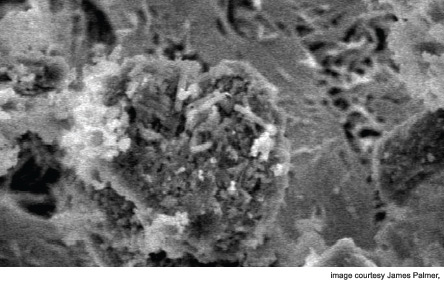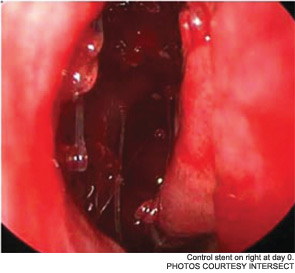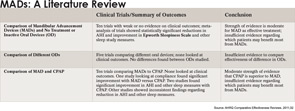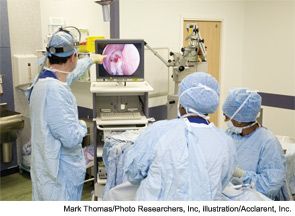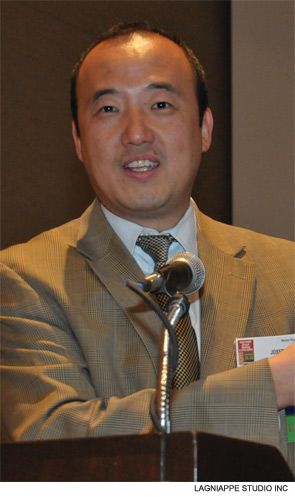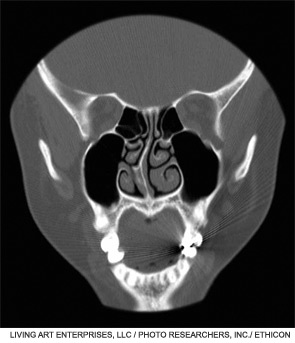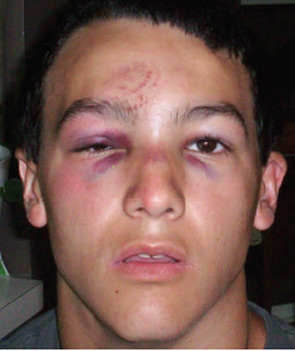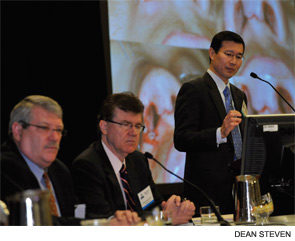Otolaryngologists, medical students and researchers submited some of their research to be displayed as posters at the Triological Society’s Annual Meeting at the Combined Otolaryngology Spring Meetings. We talked to some of the 2012 winners about their projects and the experience.

